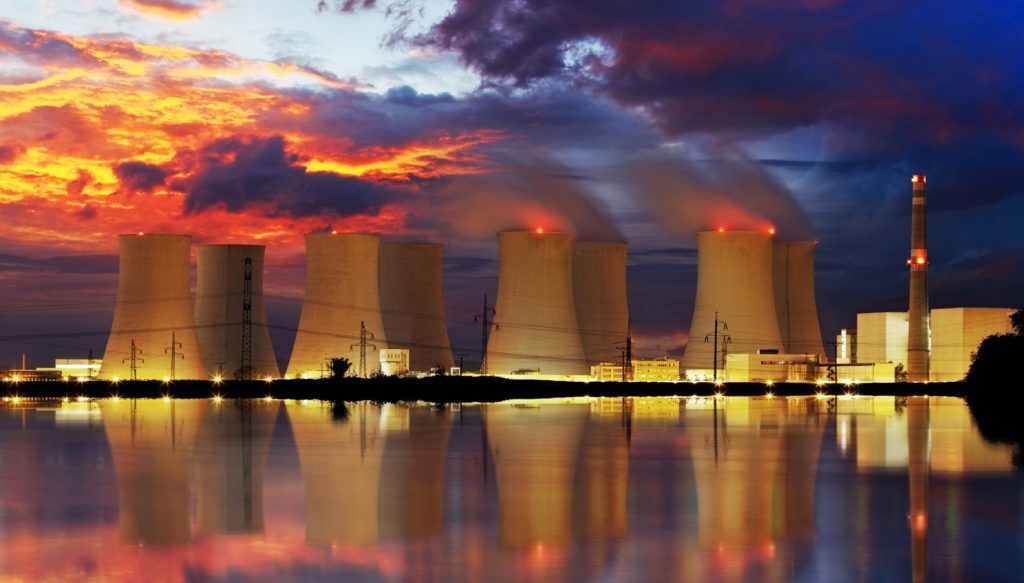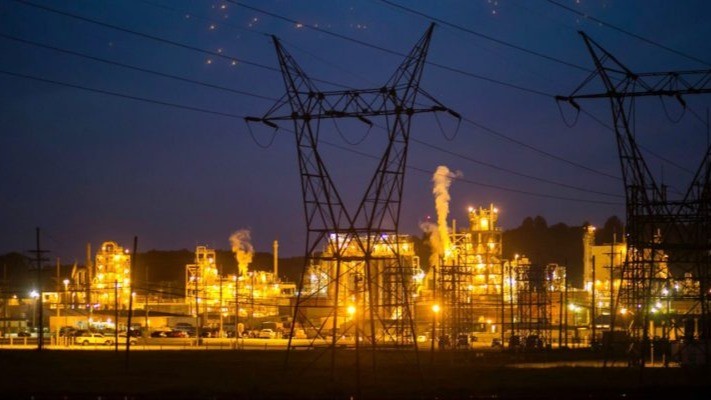Hybrid filters are advanced electrical devices that combine passive and active filtering technologies to address complex power quality challenges. They are especially effective in environments with non-linear loads like variable frequency drives (VFDs), UPS systems, and LED lighting that generate harmonics and reactive power.
🔧 How Hybrid Filters Work
- Passive Filters: Target specific harmonic frequencies using tuned circuits.
- Active Filters: Dynamically adjust to changing load conditions, canceling a wide range of harmonics and compensating for reactive power.
- Combined Effect: The hybrid system offers broad-spectrum harmonic mitigation, voltage stabilization, and power factor correction.
🏭 Industrial Impact
1. Manufacturing & Precision Engineering
- Problem: Harmonics from CNC machines and motor drives cause fuse failures, overheating, and energy loss.
- Solution: Hybrid filters with Real-Time Power Factor Correction (RTPFC) and Static Var Generators (SVG) maintain power factor near unity and reduce Total Harmonic Distortion (THD).
- Result: Improved equipment reliability, reduced energy bills, and fewer penalties from utilities.
2. Textile & Process Industries
- Problem: Non-linear loads like rectifiers and cyclo-converters inject harmonics into the system, degrading performance.
- Solution: Hybrid Active Power Filters (SHAF) dynamically tune to voltage THD and mitigate harmonic resonance.
- Result: Enhanced damping performance, better load compensation, and stable power delivery.
3. Commercial Buildings & Data Centers
- Problem: HVAC systems and IT equipment generate voltage fluctuations and reactive power demand.
- Solution: Shunt-connected hybrid filters stabilize voltage and improve power factor.
- Result: Lower operational costs, extended equipment life, and improved energy efficiency.
✨ Key Benefits Across Industries:
- Improved Power Factor: Hybrid filters help maintain a near-unity power factor, reducing energy losses and improving system efficiency.
- Harmonic Mitigation: They significantly reduce Total Harmonic Distortion (THD), protecting sensitive equipment from overheating and malfunction.
- Voltage Stability: By filtering out voltage distortions, hybrid filters ensure consistent power delivery, which is critical for high-precision operations.
- Reduced Downtime: Industries experience fewer equipment failures and fuse trips, leading to more reliable operations.
- Energy Savings: Lower harmonic losses and optimized power usage translate into measurable reductions in electricity bills.

Mumbai-based CORE Energy Systems raises ₹200 crore to boost India’s nuclear, defense capabilities
According to the official press release, this capital infusion, one of the largest for a nuclear-focused company in India, underscores renewed investor confidence in the sector’s growth potential.
“The nuclear sector demands uncompromising focus on safety, quality, and precision. This investment gives muscle to our commitment to shaping India’s civil nuclear future,” said Nagesh Basarkar, Managing Director at CORE. This investment will accelerate the company’s expertise in precision nuclear engineering, high-tech manufacturing of critical equipment and components, and support small modular reactor and Bharat Modular Reactor programmers, aimed at advancing nuclear self-reliance and ensuring sustainable energy security.
India currently operates 25 nuclear reactors generating 8.88 GW with eight more under construction. The government has set an ambitious target of achieving 100 GW of nuclear power capacity by 2047, central to the Viksit Bharat vision and the country’s Net Zero emissions goal. Click here to know more……


